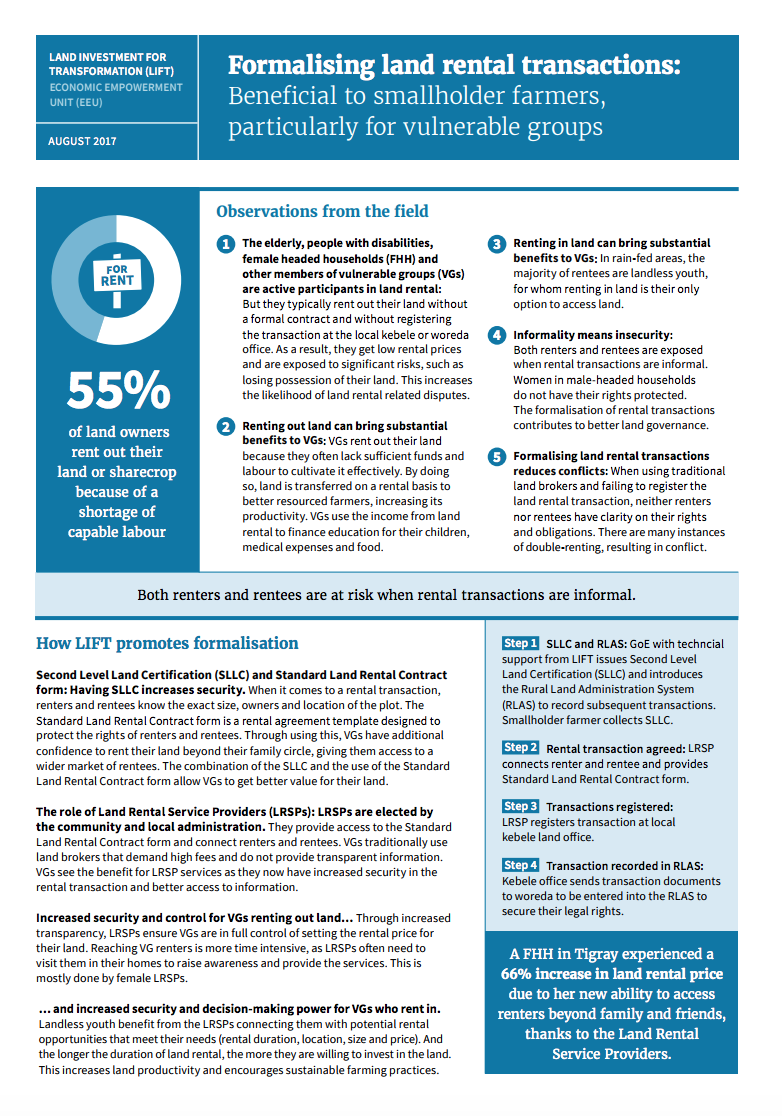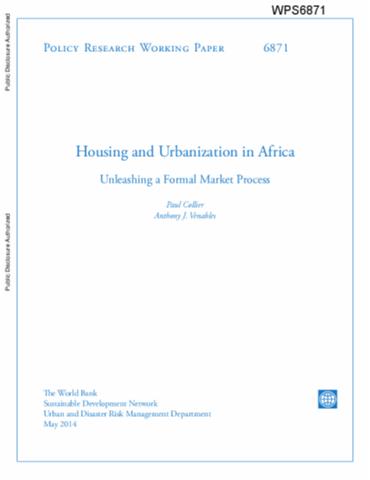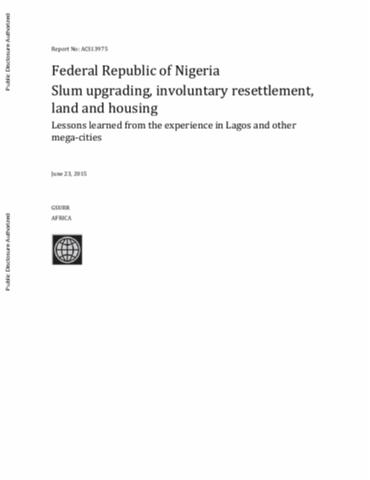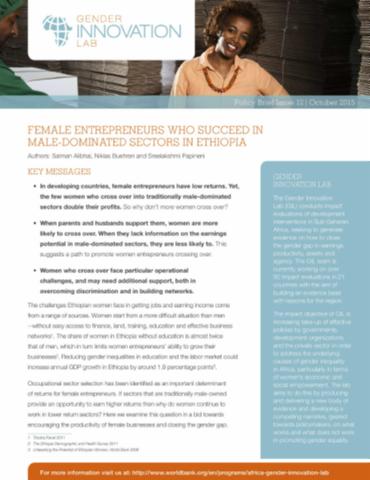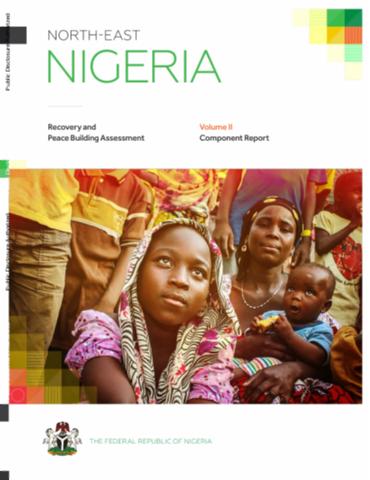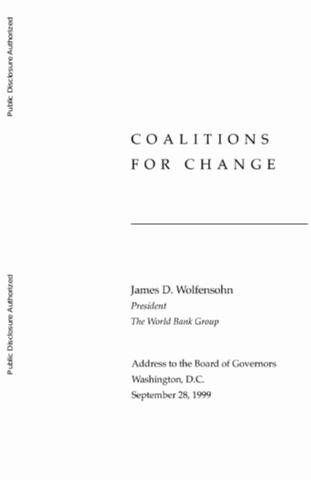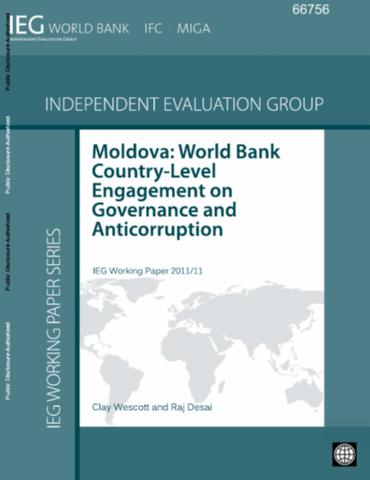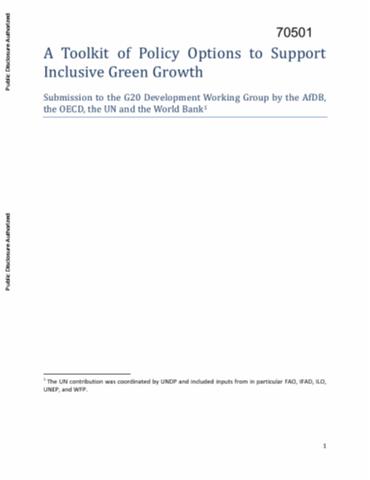effectiveness of village bylaws in sustainable management of community-managed exclosures in Northern Ethiopia
Communities in Tigray, Northern Ethiopia, have established exclosures on formerly degraded grazing lands and other land uses to promote natural regeneration of plants. Village bylaws devised by communities govern the management of exclosures. We analysed the effectiveness of village bylaws that are used to manage exclosures in addressing forest degradation, resolving conflicts among users over natural resource use, and meeting high expectations of users to realise economic benefits from exclosures through enhancing revenue from sale of grass and dry wood.


